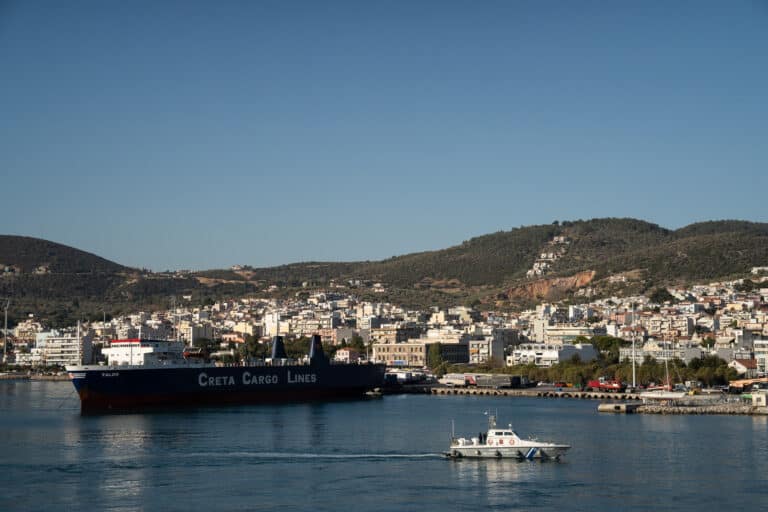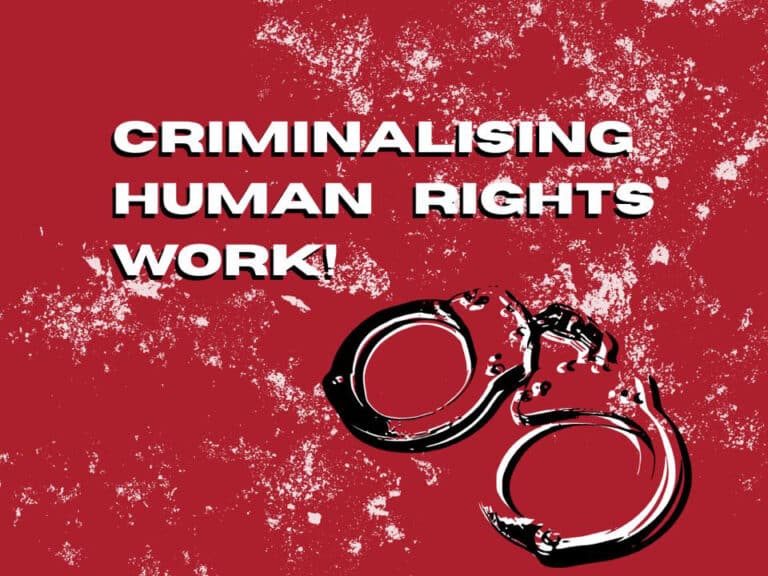What followed the end of the Ottoman Empire was a drawing of national boundaries through the waters of the Aegean Sea and the creation of identities defined chiefly based on religious identity. What has been considered a mutual ethnic cleansing, or what is commonly known as the Population Exchange between Greece and Turkey, saw the forced displacement of 400,000 Muslims from Greece and 1.2 million Christians from Turkey westward. While this event is not recognized as a crime under international law, its impact is not diminished. Even though this exchange was a signed agreement between the Greeks and Turks at Lausanne in 1923, this involuntary population transfer ripped nearly two million people from their homes, forced them into lands they’d never visited and living beside people who – outside of religion – they often had nothing in common. The ramifications of this exchange persist today and are further complicated and layered into the more recent violent policies and actions of the European Union to pushback migrants and refugees.
In the latest episode of Crossing the Aegean, Vicky Aggelidou, a criminal lawyer from the Legal Centre Lesvos, reflects on the similarities of the forced displacement back then and now: “It’s totally unfair. It was totally unfair back then; people had to leave their homeland because it was their homeland. And it’s totally unfair today because people have been forced to leave their countries to enter Greece as they enter – to lose, in my opinion, their personality and their rights as humans.” In the episode, she continues to reflect on the changing attitudes of people on the island of Lesvos, and Greece in general, from a place that welcomed migrants and refugees to a place that is actively hostile to those seeking refuge from lands destroyed by war and violence often perpetrated by profiteering policies from the global north. If you have not had the chance to listen to this podcast series, I encourage you to do so.
What causes people to live and enact policies contrary to their family histories? Is it an amnesia driven by profit and fueled by fear? Europe’s policies of “let them die,” i.e. intentionally pushing migrants back into the deadly waters of the Mediterranean Sea, not providing reasonable help in time, or funding deportation programs in Tunisia to abandon migrants/refugees in the desert, need to be condemned and challenged. CPT’s team on the island of Lesvos is doing just that: they challenge the criminalization of migration and work to humanize the victims of the dehumanizing projects of neocolonialism.




